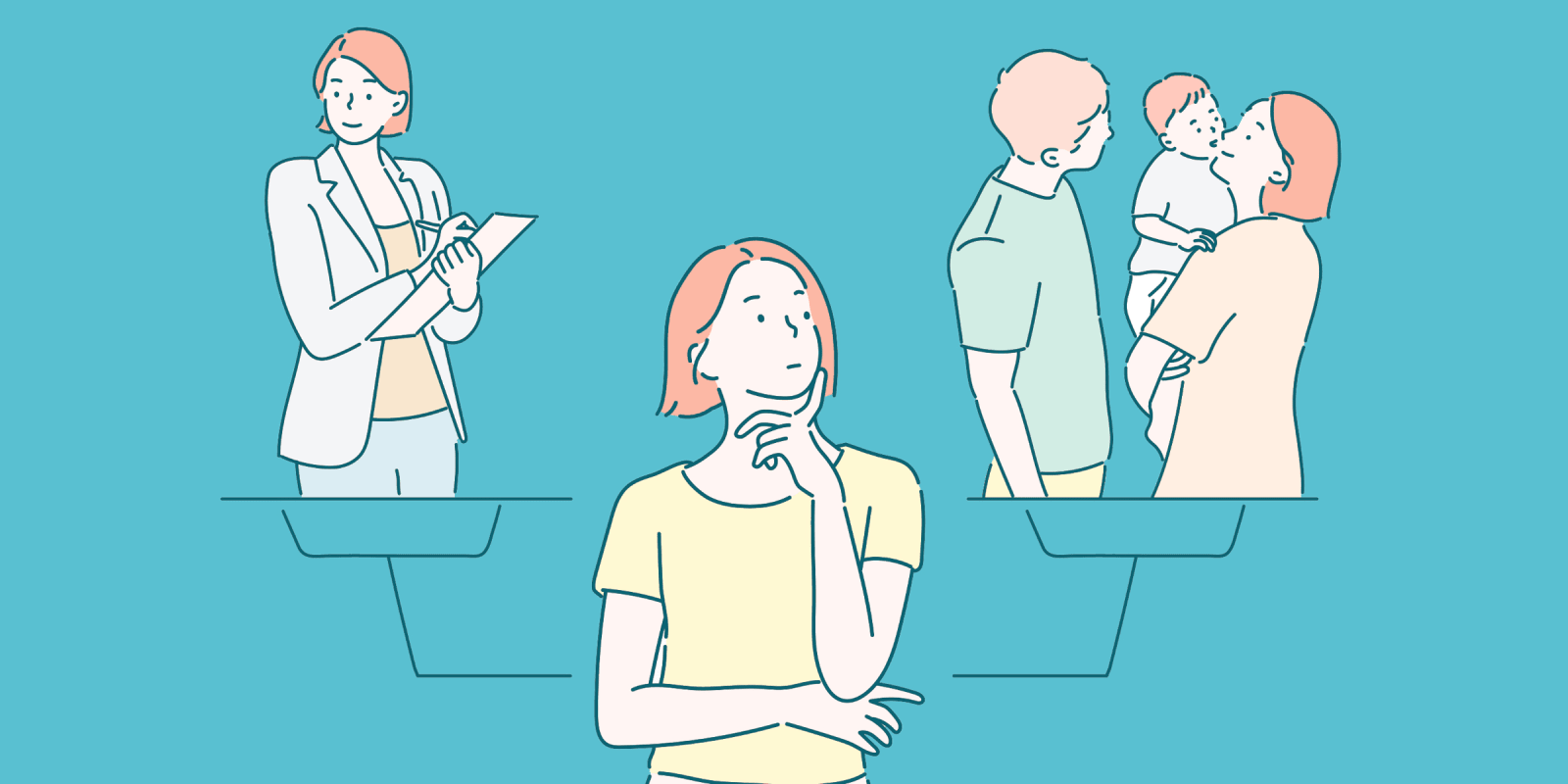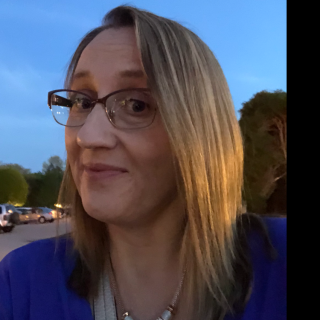The pause on the other end of the phone was my first clue. “You want to come back to work?”
When I assured him that I did, my chairman adopted a conciliatory tone. “We expected you to die,” he said. “I’m sure you can understand that we needed to replace you.”
As my erstwhile employer rambled on about continuity of care and the short staffing that my two month absence had provoked, I couldn’t help wondering why nobody ever contacted me. Even a “get well soon” would have been nice. But I finally understood that I was damaged goods. A young mom with two preschoolers and a deadly disease did not even merit a phone call in the financial calculus of covered hours and employed physicians.
I did not show any sign of weakness — I was too well-trained for that. I had completed my residency in the days before work-hour limits, when abusive treatment was the norm. I had taken everything on the chin without flinching. I was stronger than strong. I calmly hung up the phone as my whole world swung vertiginously in my head.
Life had changed. I was no longer certain that I would live to see my children grow up. I wanted a lighter schedule so that I could be home at a decent hour and spend some precious time with my family. I didn’t think that was such a big ask. After all, I had a very impressive academic pedigree, fellowship training, a master’s degree, and experience with resident education. Unfortunately, this was not to be. Academic jobs were all or nothing, just like private practice jobs. The only jobs I was offered were nights and weekends at urgent care centers.
Eventually, I found a position that had reduced hours in an underserved area in the city. I was content to work there until financial pressures made reduced hours untenable once again. I was told to go full time — 50 hour week plus call — or be let go. I couldn’t do it. All of the child care facilities closed at 6 p.m., and I rarely got out that early. I realized that I could not work as a physician without live-in help. That is when my identity started to crumble. I was not strong. I could not do this. I was weak.
The loss of my career took me by surprise. I had always been the best, but suddenly I was nothing at all. I internalized all my rage and blamed myself. If only I were healthier! Single! Infertile! At the time, it simply never occurred to me to rage against a system that punishes women for reproducing and discards physicians when they become ill. I was so trauma bonded to my career that I could not see that my love was an abuser — and a misogynist.
So I walked out on medicine, and I thought I would never look back. I threw myself into charity work, and into home-educating my children. I did that so well that the Obama Administration awarded me a “U.S. Presidential Teacher” award. I don’t do anything halfway. I cared for my in-laws, transforming my home into a hospice. I wrote books about education.
After an absence of over a decade, I had seen my children grow up, buried my in-laws, and begun caring for my own parents. I had supported my community, built a home, and helped my husband to build his academic career. I had been a wife, a mother, an author, a volunteer, a teacher, a caregiver, and much more. But I was also a physician, and I had to find myself again.
I had kept my board certification, so I was able to find part-time work as a primary care physician. I was able to self-study for a second fellowship, this time in addiction medicine. I got a second job as a medical director of a methadone clinic. I have developed a patchwork quilt of medical work, helping people who are in desperate need. I feel like I have become myself again, and it has been good. I am beyond grateful.
Despite my good fortune to finally be permitted to use my 13-plus years of higher education, I feel that there is something missing. I never fulfilled my career goals or training. I can’t help thinking that if only there had been some way for me to survive my illness, raise a family, and still be a physician, things would be different. I would be a chairman, a program director, or a senior faculty member. I would be lecturing, enjoying the fruits of my academic medicine fellowship and my research on medical education. That never happened.
It is my great hope that women of the future can raise their own children, care for their own bodies, and support their own communities and their own places of worship, while still practicing the profession for which they sacrificed so much. I believe that pauses, flexibility, and support can be built into this career that demands so much of us. I believe that physicians will see a day when being “strong” does not have to be more important than being “human.” Medicine can become healthy. And it will, if we make it happen.
So in fits and starts, in a sequence unique to my own experience, I accomplished life. I lived my values. I taught my children. I healed — myself and others. No, my career trajectory did not land where it was supposed to land. But didn’t I almost have it all?
Do you "have it all"? Did you almost have it all? Share your victories or near-misses in the comments.
Amy Fogelstrom Chai, MD, MS, is a completed her Internal Medicine residency at University of Michigan, and her General Medicine fellowship at University of Virginia. She is a primary care physician and medical director of a methadone clinic. She is running for US House of Representatives as an Independent in 2022.
Image by autumnn / Shutterstock







